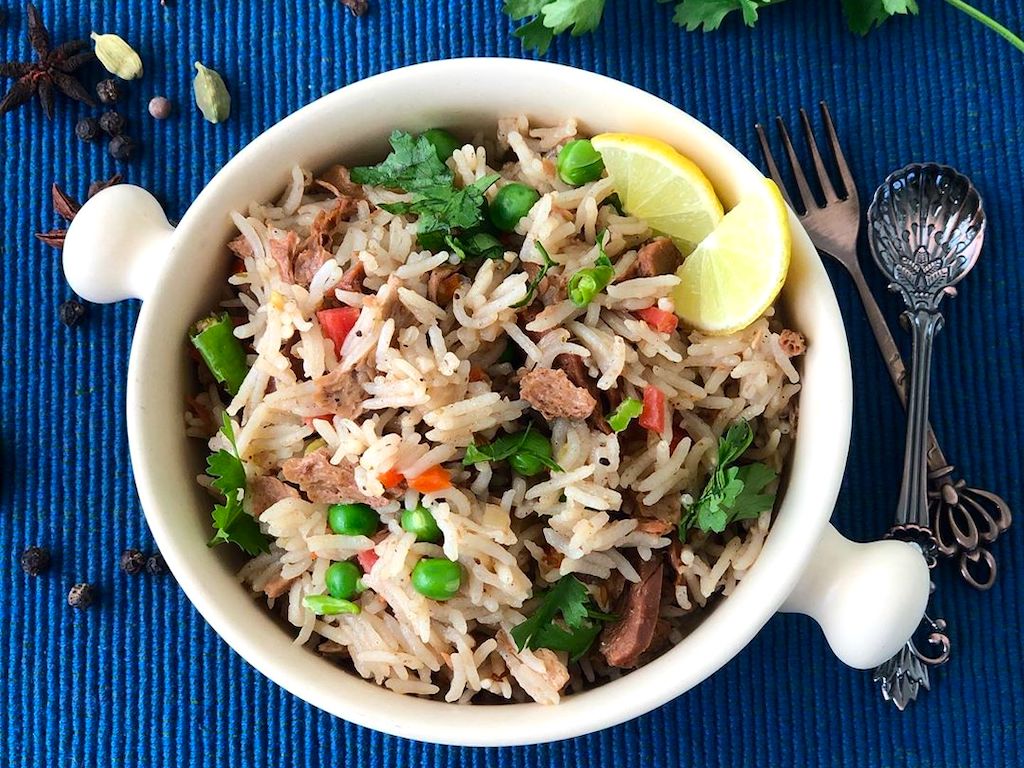2 Mins Read
A new study conducted by researchers at Pennsylvania State University reveals that Indian consumers are generally willing to pay extra for plant-based and cell-based meats. Faced with the challenge of feeding an enormous and growing population, which will only be further exacerbated by climate impacts, these findings confirm that alternative proteins have a huge potential in India for a healthier, more sustainable and crisis-resilient food supply.
Published on Wednesday (May 27) in the journal Sustainability, a new study finds that Indian consumers are willing to purchase plant-based meats and cell-based meats for a premium over that of conventional meat, though the premiums differ across different consumer class segments in the country.
The study was conducted by researchers from the Department of Agricultural Economics, Rural Sociology and Education at Penn State, who used a discrete choice experiment method to assess consumer preferences, with the only variable in the experiment being price.
In general, respondents in the study’s sample indicated a positive attitude towards meat alternatives, with plant-based meat rated consistently higher than cell-based meat. This suggests that the former alternative protein has a stronger prospect to thrive in the Indian market, though the researchers also note that cultivated proteins still garnered aggregate positive acceptance.
These results will underline the great potential of alternative proteins as a solution for India’s rising food challenges. India’s consumption of animal protein is quickly rising, with its growth in demand for chicken, mutton and fish amongst some of the highest in the world, according to the study.
Soon to become the most populous country in the world, the continuous growth of animal protein consumption will translate to a drastic increase of greenhouse gas emissions and worsen water stress, which India is already exceptionally vulnerable to as a result of climate change.
Alternative proteins offer a solution to animal agriculture and its enormous environmental burden. According to the United Nations, the livestock industry is responsible for 18% of greenhouse gas emissions, not to mention its hefty land and water use. Of all the agricultural emissions that India generates annually, as much as 74% of it is attributable to livestock.
The ongoing coronavirus pandemic has additionally exposed the health, safety and supply chain vulnerabilities of the animal meat industry. Understanding whether the mass market will adopt more meat substitutes is therefore crucial for India’s sustainable development.
The authors say that their findings reveal possible governmental policies that can help usher in greater acceptance of alternative proteins amongst Indian consumers, such as a tax on conventional meat and subsidies for alternatives.
They estimate that if the price of plant-based meats are lowered by 65%, then the market share for its animal-based counterparts would essentially halve. For cultivated proteins, a 95% price slash would be necessary to achieve the same result.
Lead image courtesy of Good Dot.




